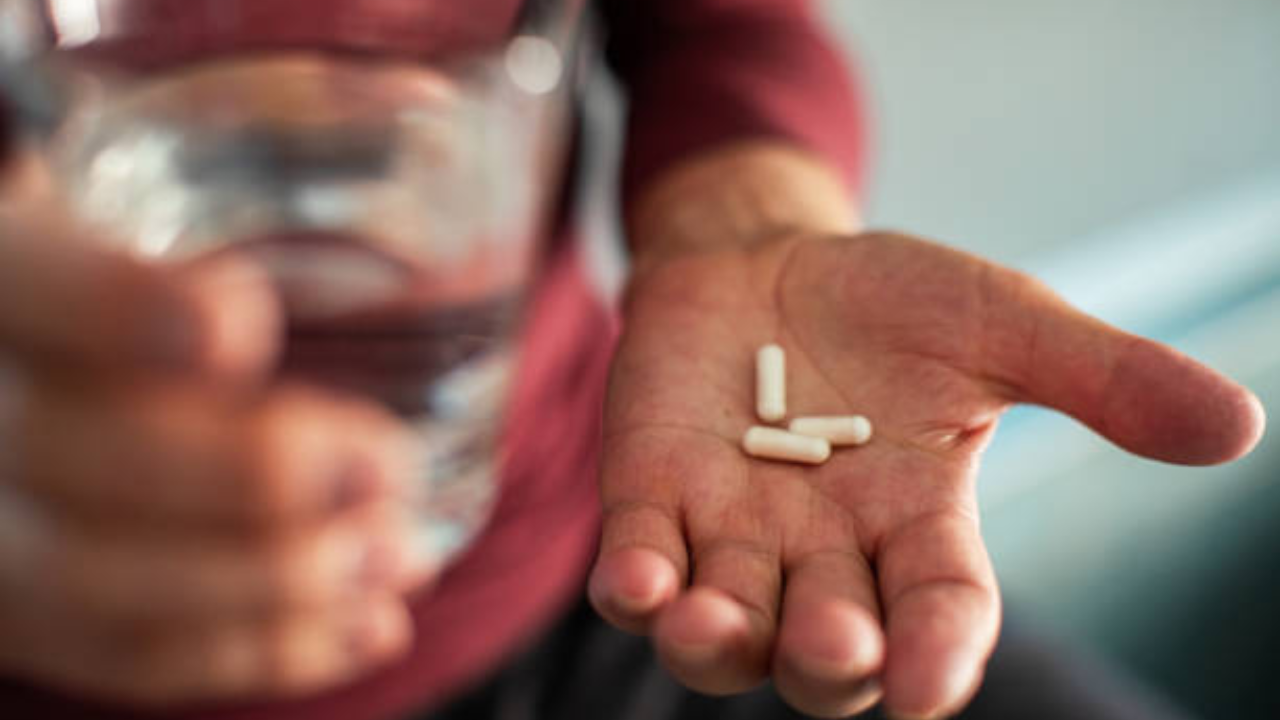
FARGO — City Commissioner Michelle Turnberg is proposing the city of Fargo immediately eliminate the needle exchange program operated by Fargo Cass Public Health. This program is one of many offered out of the Harm Reduction Center, 510 5th St. N.
, including education and materials to reduce the risk of harm caused by drug use. The center also offers infectious disease prevention education and refers people to healthcare, drug treatment and social services. Turnberg is concerned that discarded needles pose a danger to the public and she thinks the city could use the money now spent on needles in other ways, according to the Fargo City Commission packet for Monday, Nov.
25. However, the 29-year-old research article that Turnberg included in the commission packet contradicts her concern about discarded needles, stating that needle exchange programs do not increase the “number of dirty needles discarded in public places.” Fargo Cass Public Health has been operating a syringe services programs for seven years, Prevention Coordinator Robyn Litke Sall told The Forum, as have over 545 other cities nationwide for many years.
A syringe services program is similar to a needle exchange program, she said, except that it includes a host of comprehensive services around drug use like education, referrals and testing. Without a syringe services program, the amount of discarded needles in the city is likely to increase, Litke Sall said, as will costly infectious diseases like Hepatitis C and HIV. This program is paid for using money from a national opioid settlement – many billions of dollars paid to state and local governments by the opioid manufacturers and distributors to help financially cover the damages to Americans caused by opioids – and that money can’t be spent elsewhere, Litke Sall said.
The health of Fargoans is being threatened by discarded needles, Turnberg said. “Needles are found discarded haphazardly throughout the city,” Turnberg wrote in commission documents. “This is very concerning considering a child or worker cleaning up garbage could easily be stuck, and I would expect a lawsuit against the city.
” City Attorney Nancy Morris declined to comment to The Forum when asked if the city of Fargo could be held liable. Attached to the commission’s agenda is a 47-page chapter from a 1995 research study with the National Institutes of Health (NIH) that examines the effect of needle exchange programs on reducing the transmission of HIV and drug use. “This NIH article explains possible outcomes (of needle exchange programs) and I think the negative outcomes outweigh the possible positive with the negative outcomes being tangible .
.. where the possible positive outcomes being a theory [sic],” Turnberg said in commission documents.
In its thesis , the article does lay out the possible positive outcomes of exchange programs – reducing diseases like HIV by swapping infected needles for clean ones, increased referrals to drug treatment and more education to decrease risky health behavior – as well as possible negative outcomes like an increase in discarded needles, being seen as supporting drug use and lowering the perceived risk of drugs and therefore causing a spike in drug use. However, the researchers ultimately concluded that syringe service programs don’t increase the amount of discarded needles, do not cause the amount of drug use to increase and, as the number of contaminated needles dropped, these programs lower the risk of transmissible diseases. “Needle exchange programs report increased referrals to drug abuse treatment and .
.. no increase in the number of dirty needles discarded in public places,” the report said.
“Needle exchange programs should be regarded as a public health promotion and disease prevention strategy that fits within the broader harm reduction approach to public health.” Fargo Cass Public Health does not track the number of discarded needles found throughout the city, Litke Sall said. “We’re certainly very concerned about any sharps (needles) litter,” she said.
However, city staff do have the appropriate personal protective equipment on hand to safely clean up any discarded needles they find, she said. “Studies have shown that communities who implement syringe service programs do not show an increase in sharps litter,” Litke Sall said. “In fact, many actually show a decrease.
” Further research has shown that syringe service programs reduce the number of people accidentally stuck by discarded needles, she said, and ensure that people who do drugs are five times more likely to seek treatment. The Harm Reduction Center has provided 433 people with referrals to drug treatment this year, she said, which, thanks to state funding, is free for those who can’t afford it. Each of the 1,079 people who came into the Harm Reduction Center last year was told by a specialist how to properly dispose of needles and given sharps containers.
The community can also access a 24/7 sharps disposal unit at the Harm Reduction Center. “We’re hopeful because we’re seeing, for the first time in years, we are seeing our overdose numbers decrease,” Litke Sall said. In 2023 there were 122 suspected opioid overdoses in Cass County, she said, and this year there were 83 so far.
There were 39 people who died from opioid overdoses in Cass County last year, she said. So far this year there have been 19 deaths. Metro residents who use the syringe services program have saved 397 lives this year with the use of Naloxone, a medication used to reverse opioid overdoses, that was provided for free at the Harm Reduction Center, Litke Sall said, “We’re saving so many lives,” she said.
“We’re finally seeing those numbers drop and, if we don’t have that program anymore to provide education and Naloxone, that trend will not continue.” Overdoses aren’t the only concern. Without clean needles, the number of infectious diseases like Hepatitis C and HIV will rise, she said, necessitating expensive treatments that will cost far more than preventative care.
Hepatitis C rates in Cass County dropped by 46% from 2017 to 2019, she said, after the opening of the syringe services program. “If our program is no longer in existence, we know that doesn’t mean people are going to stop using drugs,” Litke Sall said. “It just means that they’re going to do it in a less-safe way.
” The city of Fargo used to foot the bill for the needle exchange program, Turnberg said, prior to the arrival of opioid settlement dollars in 2022. “In the year 2023 and YTD (year to date) 2024 the total expense for syringe purchases is $101,252.00! This money could be better spent,” Turnberg said.
That number isn’t correct, according to Fargo Cass Public Health. “I think there might have been a misunderstanding,” Litke Sall said. The $101,252 price tag was used to purchase all the supplies at the Harm Reduction Center, including fentanyl test strips, band aids, antibiotic cream, gauze and more .
Syringes cost $70,796.57 for 2023 and 2024 combined. All of the program costs are covered by a state opioid response grant from the Behavioral Health Division in the North Dakota Department of Health and Human Services, Litke Sall said.
All the syringe costs are covered with opioid settlement funds. Both pools of money can only be spent on programs responsive to the opioid crisis, she said. Turnberg’s proposal will be voted on by the full city commission during its next meeting at 5 p.
m. on Monday, Nov. 25, inside Fargo City Hall, 225 4th St.
N. Readers looking to discuss drug use-related concerns or access free resources can visit the Harm Reduction Center or call 701-298-6982..














